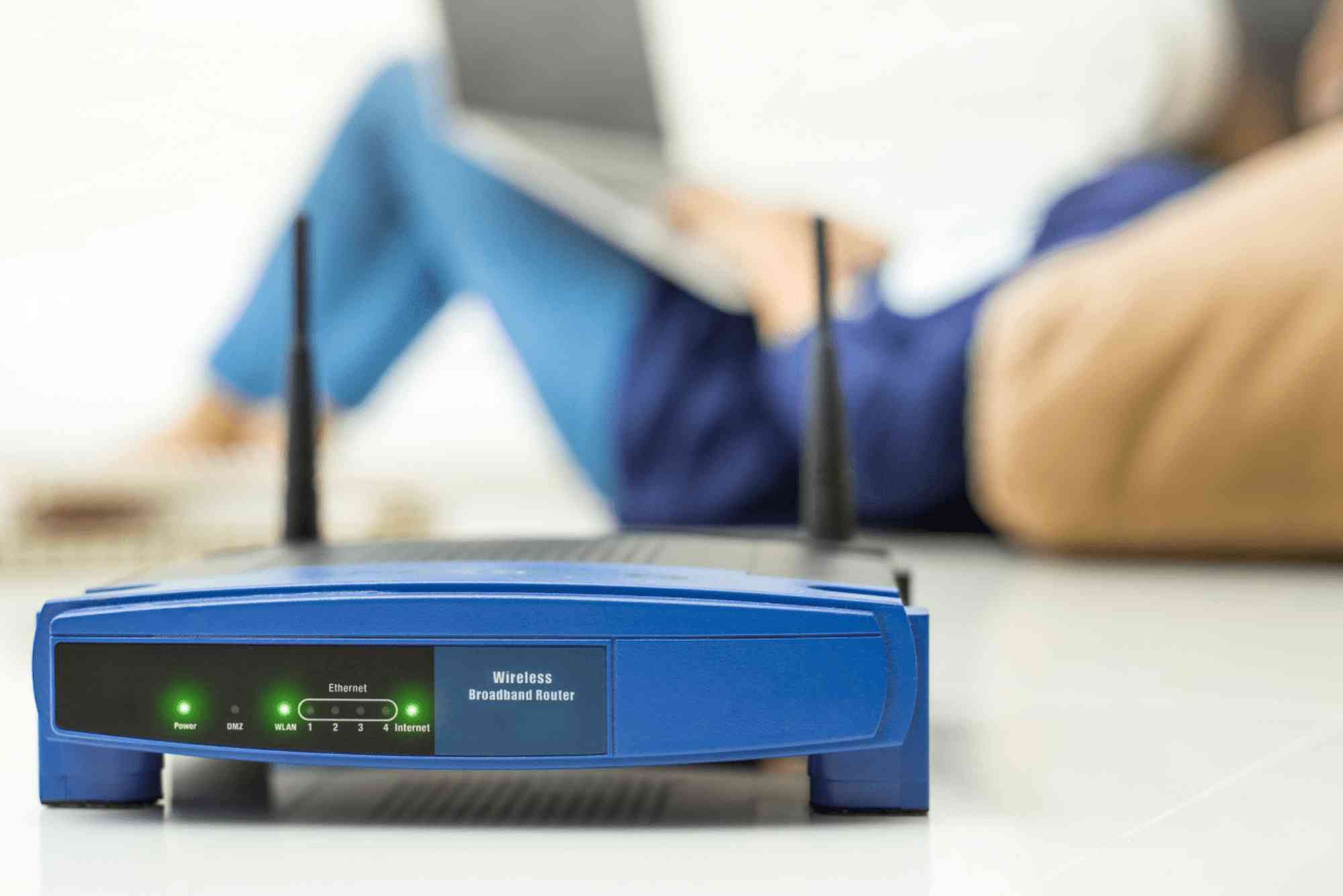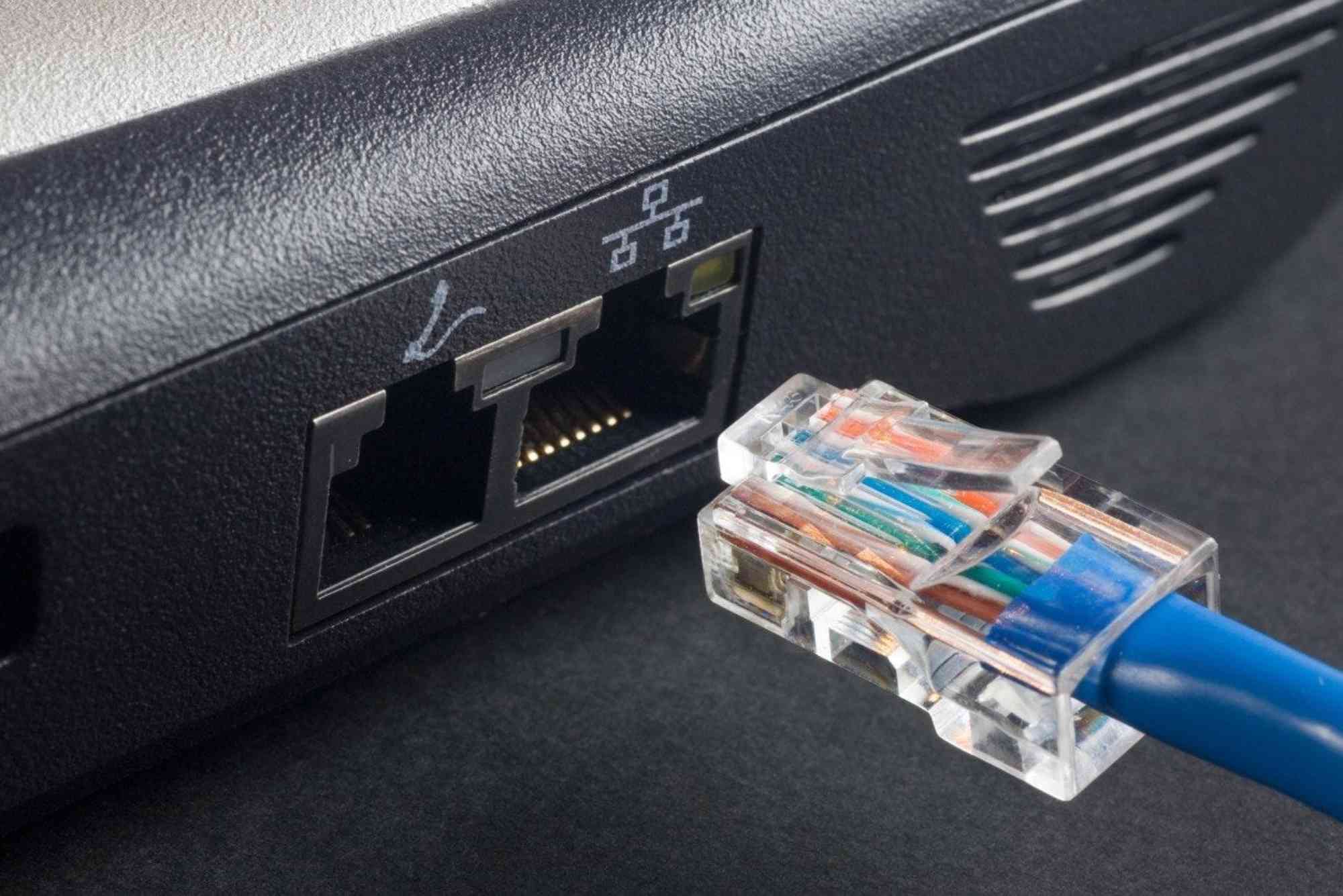Using VPNs for Secure Business Remote Access
Remote work has become a standard practice for businesses across the globe. With employees logging in from different locations, securing business data is more important than ever. One of the most effective solutions is a VPN for business remote access. A VPN (Virtual Private Network) creates a secure, encrypted connection between employees and company networks, reducing risks of cyber threats while enabling seamless productivity.
In this guide, you’ll learn why VPNs are essential for businesses, how they work, and the best practices for implementing them in a remote workplace.
What is a VPN for Business Remote Access?
A VPN for business remote access is a secure tunnel that allows employees to connect to company servers and applications safely. Instead of exposing sensitive business data to public internet risks, a VPN encrypts traffic, making it unreadable to hackers or unauthorized users. This ensures confidentiality, integrity, and accessibility of company resources.
Why Businesses Need VPN for Remote Access
Enhanced Data Security
When employees work remotely, they often use public Wi-Fi or home networks that may not be secure. A VPN protects sensitive files, communications, and customer data through encryption.
Compliance with Regulations
Industries like healthcare and finance must comply with data privacy laws such as HIPAA and GDPR. VPNs help meet these requirements by protecting customer data during remote access.
Increased Productivity
Employees can securely access company applications, intranets, and resources from anywhere. Dhanote Internet Services This flexibility improves productivity without compromising security.
Cost-Effective Security
Compared to complex network security infrastructures, VPNs are affordable and scalable for small to large businesses.
How Does a VPN for Business Remote Access Work?
When a remote employee connects to a VPN, their internet traffic is routed through an encrypted tunnel to a secure server. The server then communicates with the company’s internal network. This process hides the employee’s real IP address and protects data from interception.
Key Benefits of Using VPNs for Businesses
Secure File Sharing
VPNs ensure that files transferred between employees and servers remain protected from cybercriminals.
Protection from Cyber Threats
VPNs block potential attacks such as man-in-the-middle attacks, phishing attempts, and unauthorized snooping.
Global Accessibility
Employees traveling internationally can access company resources without restrictions, ensuring smooth workflow continuity.
Scalability for Growth
VPN solutions can scale with business growth, allowing easy integration of new employees or branches.
Setting Up a VPN for Business Remote Access
Assess Business Needs
Identify the number of remote employees, types of applications, and security requirements.
Choose the Right VPN Provider
Select a provider offering enterprise-grade security, dedicated IP addresses, and strong encryption standards.
Implement Multi-Factor Authentication
Adding MFA enhances VPN security by requiring multiple verification steps.
Train Employees
Educate employees on secure login practices, recognizing phishing attempts, and using VPN responsibly.
Regularly Monitor and Update
Keep VPN software updated and monitor for unusual login activity to prevent breaches.
Challenges of VPN for Business Remote Access
Performance Issues
If not configured correctly, VPNs may cause slower connections due to encryption overhead.
Compatibility with Cloud Services
Some cloud applications may require additional configuration for smooth operation with VPNs.
User Management
Managing large numbers of employee accounts can be complex without a centralized authentication system.
Best Practices for Businesses Using VPNs
Use Strong Encryption Protocols
Protocols such as OpenVPN and IKEv2 offer robust protection against modern threats.
Employ Centralized Management
Centralized dashboards help IT teams monitor, configure, and update VPN access easily.
Limit Access Based on Roles
Implement role-based access so employees only access the resources they need.
Integrate with Firewalls
Combining VPNs with firewalls enhances protection against external attacks.
Alternatives and Complements to VPNs
While VPNs are excellent for secure access, businesses also use:
-
Zero Trust Network Access (ZTNA): Ensures no one inside or outside the network is trusted by default.
-
Secure Access Service Edge (SASE): Combines VPN, firewall, and cloud security into one framework.
These solutions can complement VPNs for enhanced remote work security.
Real-World Use Cases
-
Small Businesses: Affordable VPNs allow small companies to secure remote staff with minimal investment.
-
Enterprises: Larger organizations deploy advanced VPNs with dedicated IP addresses and integration with corporate firewalls.
-
Freelancers and Contractors: Businesses hiring contractors can provide temporary secure access through VPNs.
Frequently Asked Questions About VPN for Business Remote Access
Is VPN the best solution for remote business access?
Yes, VPNs are among the most secure and cost-effective solutions for businesses. However, combining VPNs with zero trust frameworks increases security.
How do I choose the right VPN for business remote access?
Look for strong encryption, scalability, ease of management, and customer support when selecting a provider.
Can a VPN slow down remote work productivity?
A poorly configured VPN can cause slow speeds. Choosing a high-quality provider and proper setup minimizes performance issues.
Are VPNs safe for accessing company files remotely?
Yes, VPNs encrypt all data transfers, making them safe for file sharing and accessing sensitive company systems.
Do all employees need VPN access?
Not always. Businesses should grant VPN access based on roles and responsibilities to reduce risks.
Secure Your Business with VPN Remote Access
As remote work continues to grow, businesses cannot ignore the importance of cybersecurity. A VPN for business remote access ensures secure connections, protects sensitive data, and enables seamless productivity for employees worldwide.
Companies that adopt VPNs also benefit from compliance, scalability, and flexibility in their operations. To maximize effectiveness, businesses must combine VPNs with employee training, regular updates, and role-based access policies.







